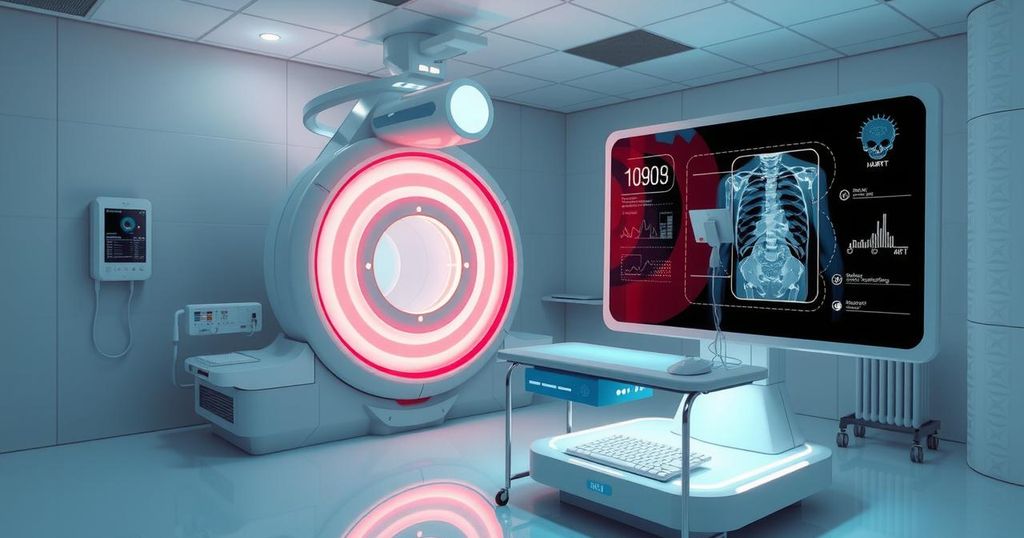Tunisian AI Initiative to Enhance Medical Imaging Efficiency
Tunisia is developing AI software to assist doctors in reading X-rays and MRIs more efficiently. The initiative is spearheaded by a team of local engineers, including Karim Beguir. This software aims to enhance the accuracy of diagnoses and ease the workload for radiologists, particularly in remote hospitals, while also improving telemedicine regulations.
Tunisia is actively developing artificial intelligence (AI) software designed to assist medical professionals in interpreting X-rays and MRIs more rapidly and accurately. This innovative technology, spearheaded by Health Minister Mustapha Ferjani, aims to enhance the detection and diagnosis of medical conditions.
A dedicated team of Tunisian engineers, including Karim Beguir, founder of InstaDeep, is volunteering their efforts to create this entirely Tunisian-made software. The AI system will aid doctors by analyzing medical images, leading to faster and more precise medical decisions. This development is anticipated to alleviate the burden on radiologists and improve overall patient care.
The software will also enable hospitals lacking radiology departments to send medical images online for expert review, ensuring that patients, particularly those in remote areas, receive necessary care. Tunisia has recently implemented new legislation regulating telemedicine, thus facilitating the integration of technology into remote medical services.
Furthermore, the government is creating incentives to attract more radiologists to the public health system. Minister Ferjani acknowledged the contributions of radiologists at La Rabta Hospital, who are currently supporting other hospitals by interpreting medical images and training fellow doctors. This new AI initiative is projected to broaden such collaborations nationwide, rendering medical imaging more efficient and accessible.
In conclusion, Tunisia’s initiative to develop AI software for analyzing medical images signifies a substantial advancement in healthcare technology. By facilitating faster diagnosis and enhancing the capabilities of healthcare providers, this initiative promises to improve patient outcomes, particularly in underserved areas. The commitment of local engineers, supported by government regulations, highlights the potential of Tunisian innovation in transforming medical practices.
Original Source: globalsouthworld.com




Post Comment